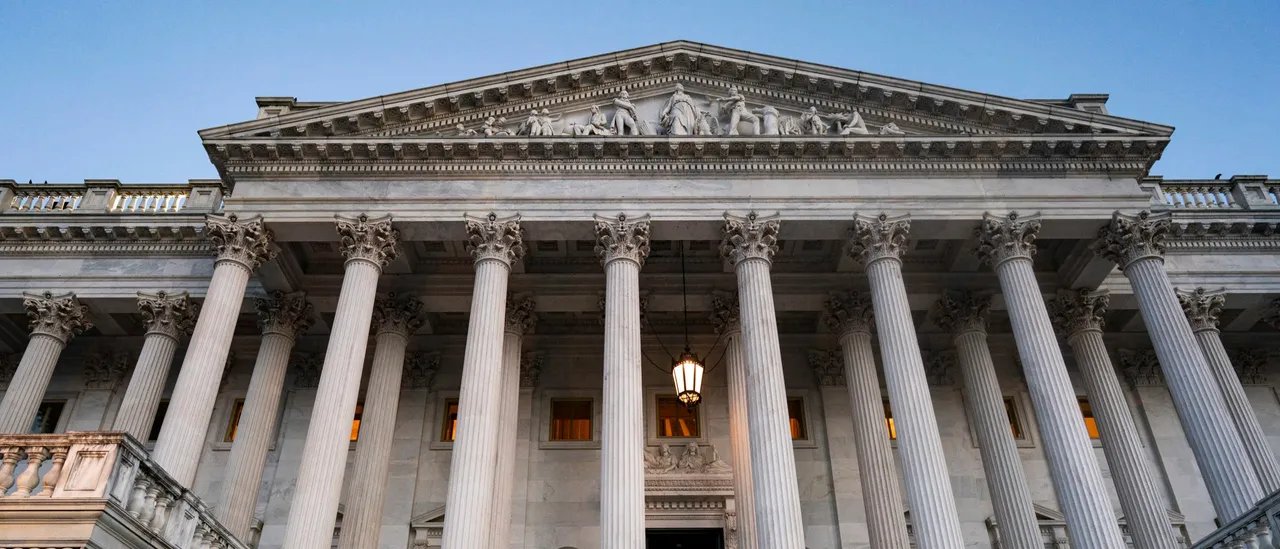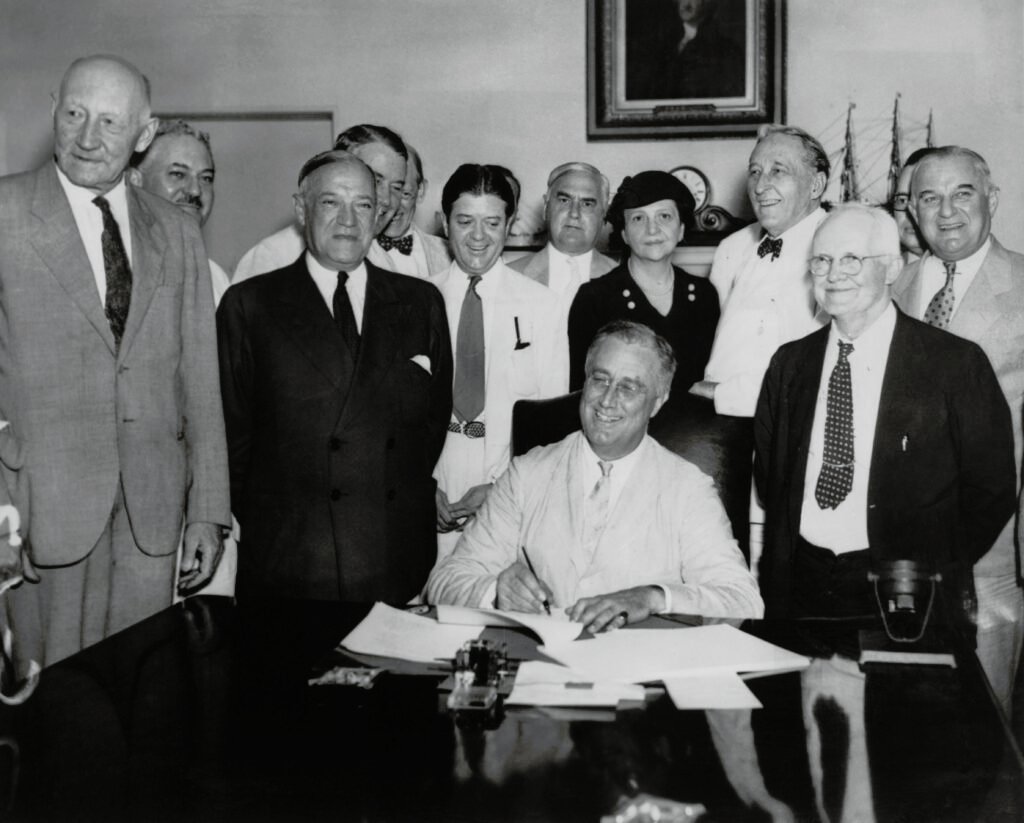Confusion Surrounds Senate Bill 549 Amid Social Media Buzz
This week, reality star Spencer Pratt shared several videos on social media, including one where he discusses Senate Bill 549. He suggested that LA County could buy burnt-out lots in Palisades, convert them into low-income housing, and change local zoning rules to facilitate dense reconstruction. He urged his followers to oppose this plan.
Pratt remarked, “I don’t think this is political. This is a common sense post.” However, the claims he made don’t actually reflect what’s in the bill. Last week, false information created a significant discussion around wildfire recovery in Los Angeles, with various parties questioning the motives behind rebuilding in areas affected by wildfires.
The conversation seems to stem from broader concerns regarding changing neighborhoods and a general distrust in governmental decisions about low-income housing. Misinformation suggested that wildfires purposely devastated Palisades to make way for affordable housing.
In reality, LA County’s leaders have proposed a reasonable reconstruction plan. Under this, local governments would have the ability to buy burnt lots, rebuild homes, and offer them back to the original owners at a reduced price. The goal is to provide struggling property owners with options to remain in their communities, without altering zoning requirements.
Senator Benjamin Allen, who authored the bill, acknowledges that there are valid disagreements about the new powers it grants. Yet, he feels that these discussions are often eclipsed by misinformation. “It became this complete meme among the right-wing blogosphere,” he noted, adding that even some of his friends, who lost homes in Palisades, have questioned his intentions regarding low-income housing.
As for the frenzy? Well, it emerged partly due to recent events. LA County recently convened an expert panel to recommend local governments for rebuilding after wildfires destroyed homes and other properties. Allen was approached to draft a bill to implement these recommendations, but time constraints meant he had to adopt existing legislation that was unrelated but still viable.
He retained the original language of the bill, which involved significant funding for low-income housing through different programs. This led to further confusion, as people conflated different aspects of the bill.
The current version of SB 549 had its first hearing at the Legislative Committee recently, and Allen spent much time addressing the surrounding confusion. New funding, announced by California Governor Gavin Newsom, may have fueled misconceptions as well. State housing officials designated $101 million to develop new projects in Los Angeles, particularly around burn zones, but with no new zoning changes.
The fire crisis only intensified existing housing issues in the area, as many low-income residents continue to face hardships. Newsom highlighted the state’s duty to assist families displaced by the fires, stating, “Thousands of families are still evacuated from Palisades to Malibu.” However, once again, these funds won’t alter zoning or land use rules, which adds another layer to the ongoing discussions.
Many on social media have tied the new funds and authority to conspiracy theories about land acquisition. For instance, a recent post suggested, “Burn it down. Buy it. Rebuild it as they want.” This mindset has drawn criticism from Newsom, who called it “opportunist exploitation” of what is truly a tragedy.
While misinformation abounds, not all discussions regarding the reconstruction authorities are unfounded. Both Allen and local leaders realize the importance of creating consensus around their roles, especially during such sensitive recovery efforts. Yet unresolved questions remain about how the governing structure will function, particularly across different regions.
Pratt, who lost his Palisades home in the fire, is particularly skeptical about the county’s ability to manage reconstruction effectively. “We’re not a policy sandbox; we’re a community struck by fire,” he said in one of his videos, expressing distrust in the county’s burgeoning authority over the area.
By the end of the hearing, Allen recognized the challenges SB 549 faces and mentioned the bill might not find success before Congress adjourns in mid-September. He noted that representatives from Los Angeles Mayor Karen Bass also expressed concerns about the bill’s effectiveness, complicating its prospects further. In light of the misinformation clouding the issue, Allen decided to reconsider the proposal come January when Congress reconvenes, stating, “If I’m going to do this, I want time to get it right.”







